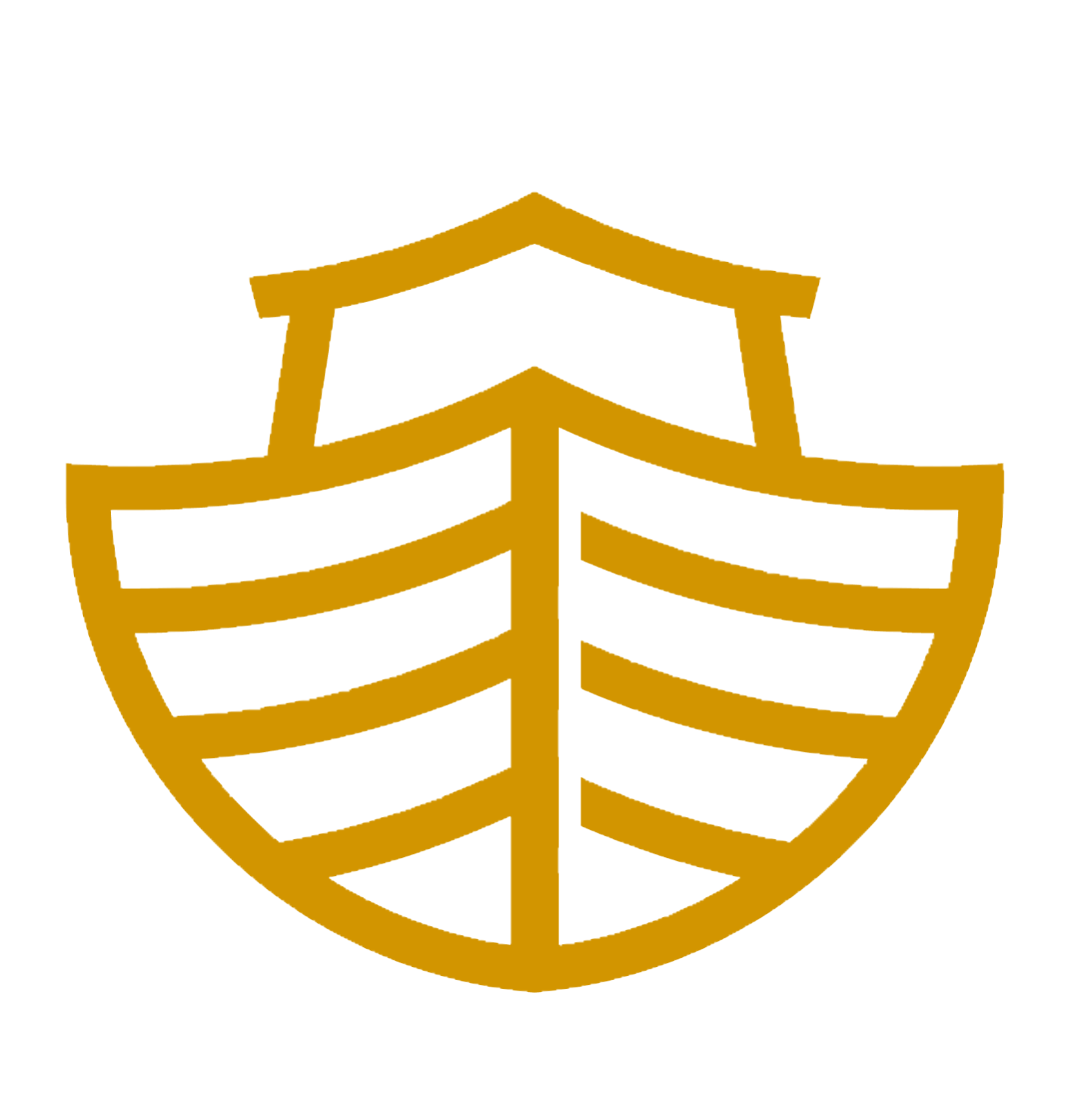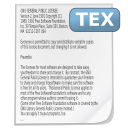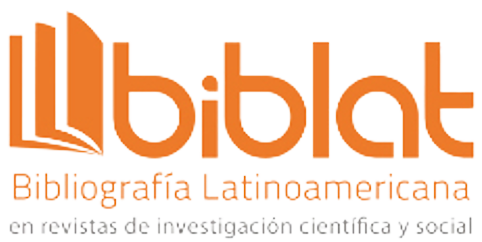The optimization of production processes in the clothing industry using the simulation of discrete events
Abstract
It is important for small growing textile companies to make key decisions based on accurate and reliable information about the present production process and how future changes could affect them. Using traditional mathematical methods it is not possible to accurately and reliably reflect the real stochastic behaviour of processes and activities carried out in this industry. There are, however, information technologies such as the computer simulation technique that allow such information to be obtained taking this behaviour into account.he research carried out a simulation study of the garment making process of a small textile company in order to propose a better distribution of resources by experimenting with a simulation model of the process, In addition, some of the quantitative information obtained with this technique is presented. The results obtained show that making changes in assigning tasks and resources reduces the production time of a batch of 100 units in one hour and reduces approximately 30 minutes the average time that a unit remains in the system. All the information was obtained by means of a simulation model verified and validated without the need to experience such changes with the real system.
Downloads
References
J. M. G. Carpio, Estudio de investigación del sector textil y confecciones," 2015-12.
P. PRODUCE, Boletín de producción manufacturera, marzo 2017," 2017.
P. E. de la Situación Actual, de las empresas peruanas [en línea] ministerio de la producción: Perú. Recuperado de (2015)."
B. W. Hollocks, orty years of discrete-event simulation a personal reaction," Journal of the Operational Research Society, vol. 57, no. 12, pp. 1383{1399, 2006. DOI: https://doi.org/10.1057/palgrave.jors.2602128
E. Ing, E. Babulak, and M. Wang, Trends in discrete event simulation."
P. Sharma, Simulación de evento discreto," Revista internacional de investigación científi ca y tecnológica, vol. 4, no. 4, pp. 136{140, 2015.
P. J. T. Vega, Simulación de Sistemas con el software Arena. Fondo editorial Universidad de Lima, 2017.
W. D. Kelton, Simulation with ARENA. McGraw-hill, 2002.
A. Goti, Discrete Event Simulations. BoDBooks on Demand, 2010. DOI: https://doi.org/10.5772/257
Copyright (c) 2020 Innovation and Software

This work is licensed under a Creative Commons Attribution 4.0 International License.
The authors exclusively grant the right to publish their article to the Innovation and Software Journal, which may formally edit or modify the approved text to comply with their own editorial standards and with universal grammatical standards, prior to publication; Likewise, our journal may translate the approved manuscripts into as many languages as it deems necessary and disseminates them in several countries, always giving public recognition to the author or authors of the research.
























